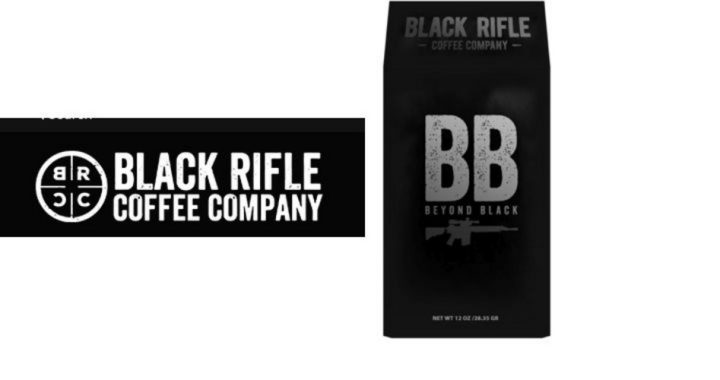
When Starbucks isn’t peddling four-dollar cups of coffee, they’re peddling leftist policy. Now a veteran-owned rival is taking aim at the caffeinated neo-communists with what they say is better java — and better principles.
Responding to Starbucks’ pledge to hire 10,000 (mostly Muslim) migrants during the next five years in the 75 countries in which it operates, Black Rifle Coffee Company (BRCC) has decided to see the virtue-signaling bet and raise Starbucks some patriotism: It will hire 10,000 veterans.
Starbucks’ arch-liberal CEO, Howard Schultz, made his migrant-hiring pledge on Sunday in response to President Trump’s executive order temporarily banning immigration from seven terrorist-spawning nations. It quickly inspired the social media campaign #BoycottStarbucks. But it also moved BRCC’s founder, former Green Beret Evan Hafer, to make his counter-pledge on Wednesday and inveigh against his rival. Calling it Hipsterbucks, Hafer accused the coffee giant of putting marketing ahead of proper principles and wrote that it was guilty of “intolerance” and “hypocrisy.”
As Hafer told website Task & Purpose (T&P), “It’s a publicity stunt. It’s also a middle finger directed at everyone who voted for Trump and consumes their product or is invested in their company.”
Starbucks pointed out in return that it pledged to hire 10,000 veterans or their family members many months ago.
Hafer replied: “And when Schultz says he’s going to hire 10,000 veterans, that’s a publicity stunt.”
Starbucks’ veterans-hiring plan aside, its migrant-hiring move certainly does smack of moral preening. After all, its pledge — 10,000 hires over five years and 75 different countries — amounts to taking on just 27 migrants per year in each nation. Furthermore, with the company having 21,366 stores, this equates to less than one migrant per every 10 stores annually. A vow to hire 200,000 migrants would be more impressive.
In contrast, Hafer’s pledge has significance. He currently only has 52 employees, and while he’s planning a major expansion, it still will require just 15,000 additional hires. Yet the move accords with longstanding BRCC policy: 75 percent of its current employees are veterans. As T&P writes:
“I’m a company of 52 employees and I’m trying to hire 10,000 veterans,” Hafer says. “That’s a lot different than a company that says, ‘I have 200,000 employees and I’m going to try to convert 5% of my workforce.’ And this isn’t a support mechanism. This isn’t a hand out. …This is who I’m preferring to hire because I know the veteran subculture and I know the veteran work ethic. I know that this is the best men and women that our country has produced after a decade and a half of war.”
Starbucks has long been political, having made a 2013 decision to vigorously support homosexual “marriage” and telling shareholders who took exception that they could sell their “shares in Starbucks and buy shares in another company.” On a silly note, in 2015 Schultz encouraged his baristas to initiate discussions with customers on race (because, of course, baristas are such experts on social matters).
Likewise, however, Hafer isn’t shy about expressing his views. As T&P further informs:
“I’m open with the fact that if you don’t like my company or my politics, I’m okay with sacrificing that market share,” Hafer says. “You don’t have to drink Black Rifle coffee. But I want people who voted for Trump to know that there is another option for you. Howard Schultz doesn’t want your business. I do. I’ll be proud to take it. And I’ll give you a better product from a group of men who truly believe in this country.”
What Starbucks believes in is very different. Note that the company’s original logo featured a mythological siren that was presented, as commentator Mark Dice put it, as “a naked woman … with her legs spread like a prostitute.” He continued, ”It’s extremely poor taste, and the company might as well call themselves Slutbucks.”
Some claim the company’s coffee also has poor taste, but its taste for making money is a different matter: Years ago, Starbucks changed the logo and now presents the siren in a decent pose.
And the coffee wars illustrate how our country has changed. Americans today are fractured, disagreeing profoundly on fundamental issues such as the existence of Moral Truth, marriage, sexuality, sex roles, and the nature of sex itself, with some even believing that being a boy or girl is just a state of mind (“transgender” agenda). Consequently, we now have companies that seem not just as if they cater to different tastes, but as if they belong in different civilizations.
It’s a divide approximating the pro-slavery/abolitionist rift of antebellum days. Let’s hope it doesn’t have to be settled the same way.



